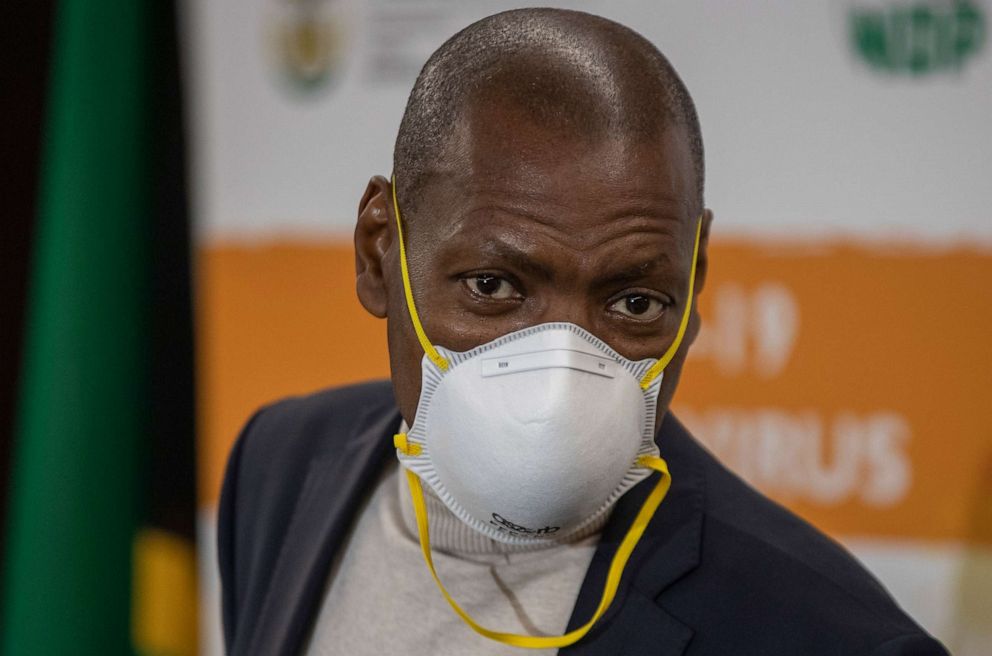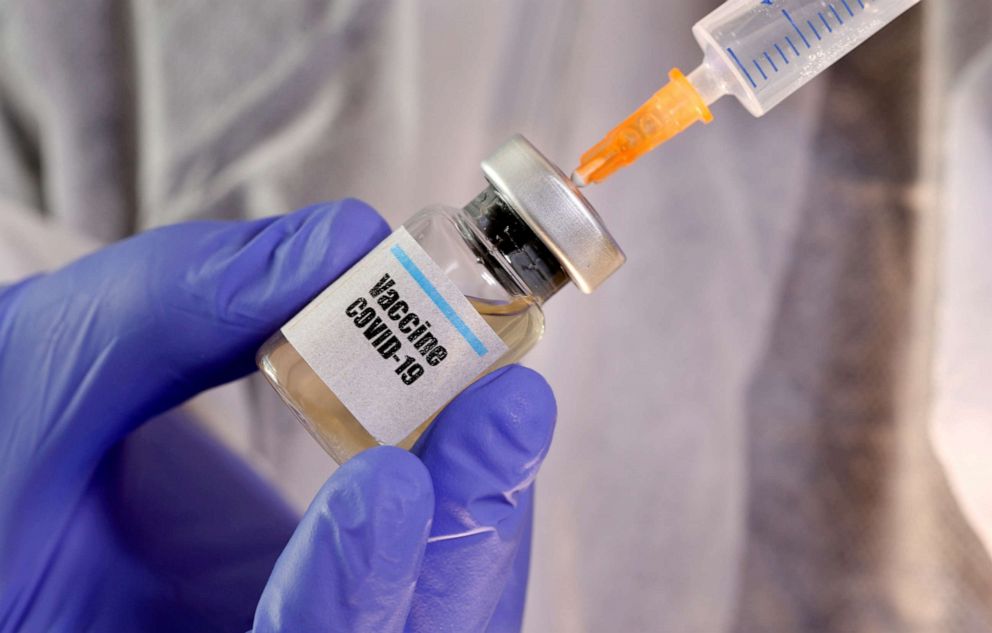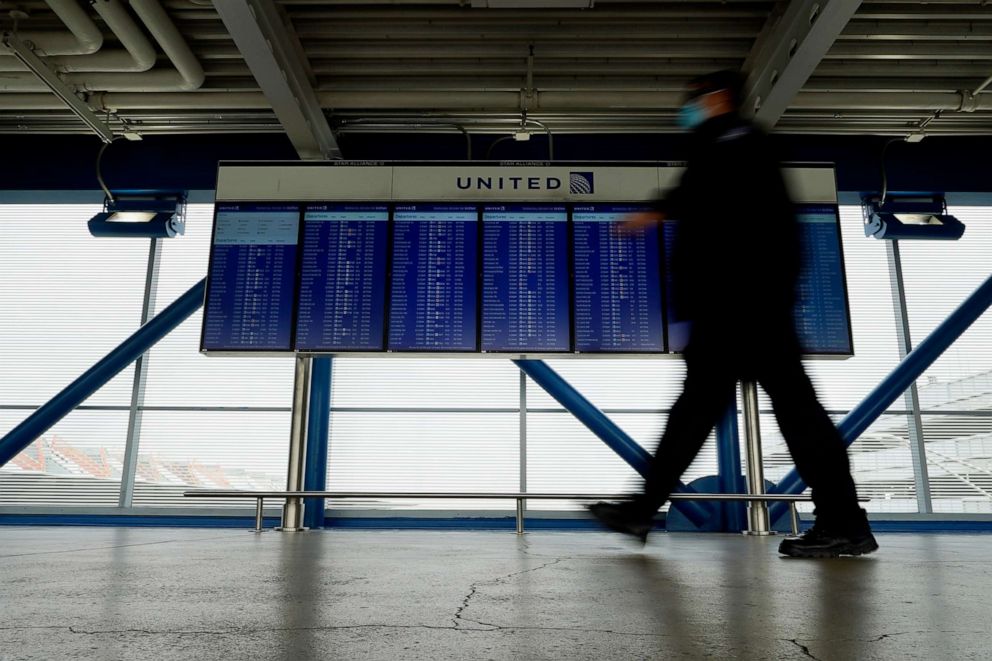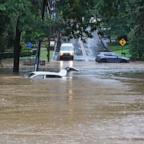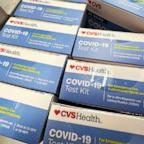Belgium faces 'tsunami' of new cases, health minister warns
A midnight curfew went into effect across Belgium on Monday while bars and restaurants have been ordered to close except for providing takeaway service, as the European nation faces a "tsunami" of new COVID-19 infections.
"We are really very close to a tsunami," Belgian Health Minister Frank Vandenbroucke told broadcaster RTL. "We no longer control what is happening."
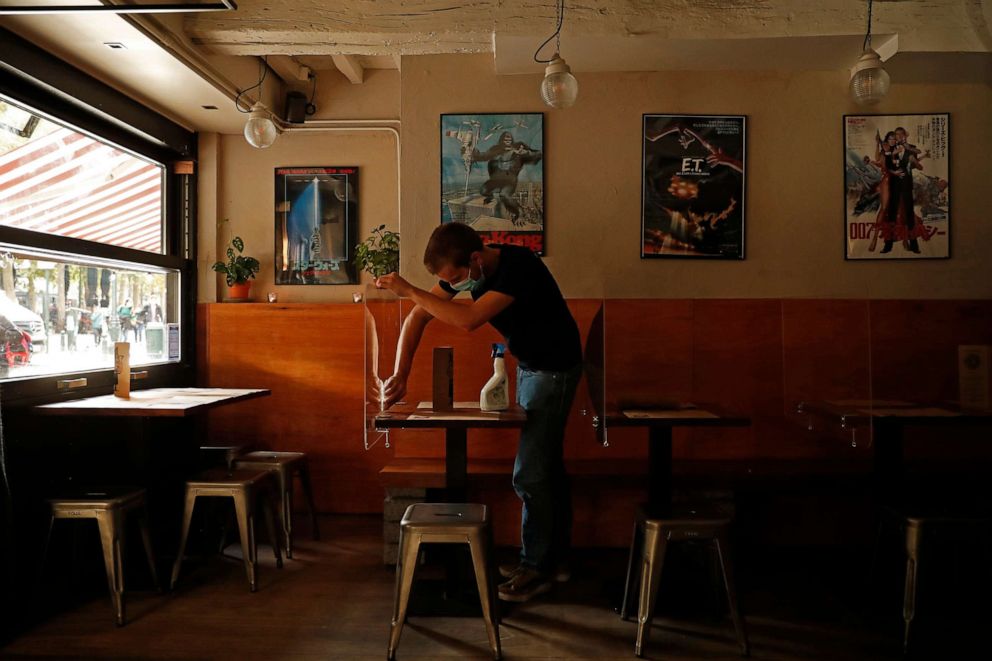
Belgium, which is home to the European Union's headquarters, has the second-highest COVID-19 infection rate per capita in Europe, after the Czech Republic. Over the past two weeks, Belgium recorded 756.9 cases per 100,000 people, compared with Czech Republic's 858.6 cases per 100,000, according to data released Monday by the European Center for Disease Control and Prevention.
Since the start of the coronavirus pandemic, Belgium has confirmed 222,253 cases and at least 10,413 deaths. The 14-day incidence of COVID-19 per 100,000 inhabitants was up 221% on Sunday, according to data from the country's public health agency.
